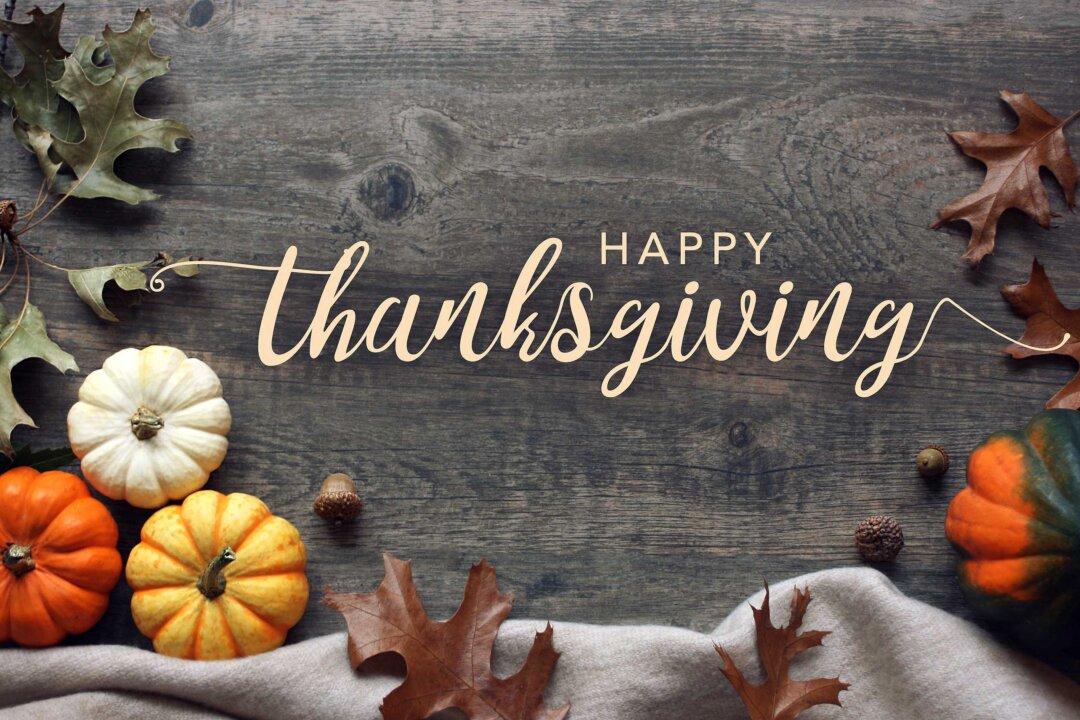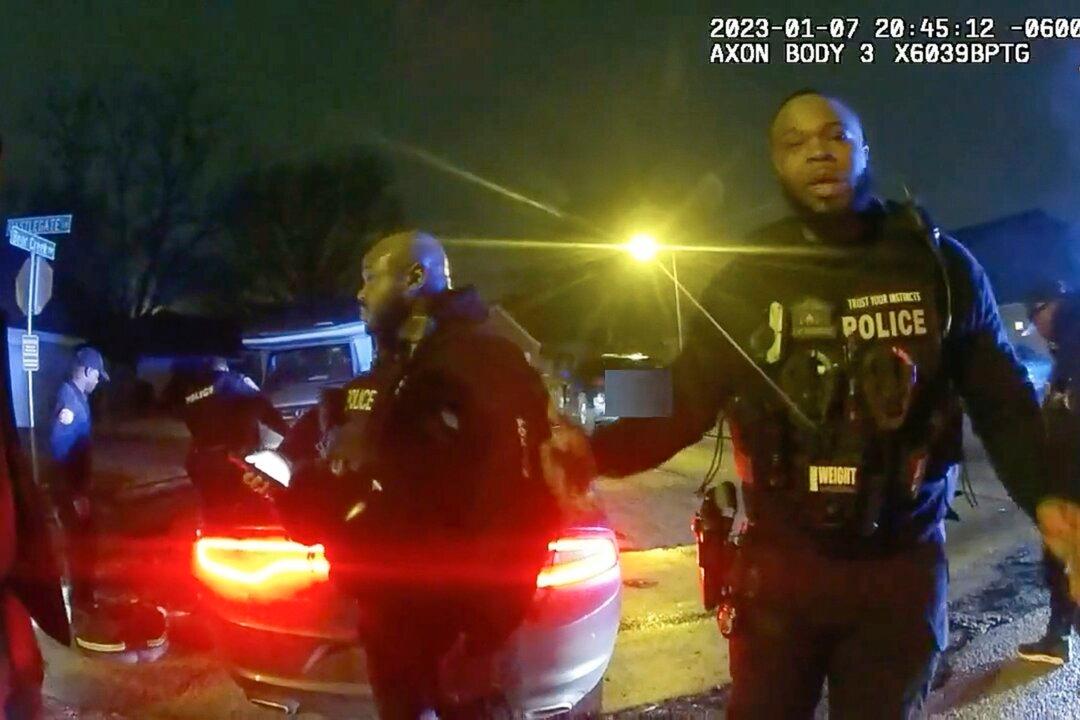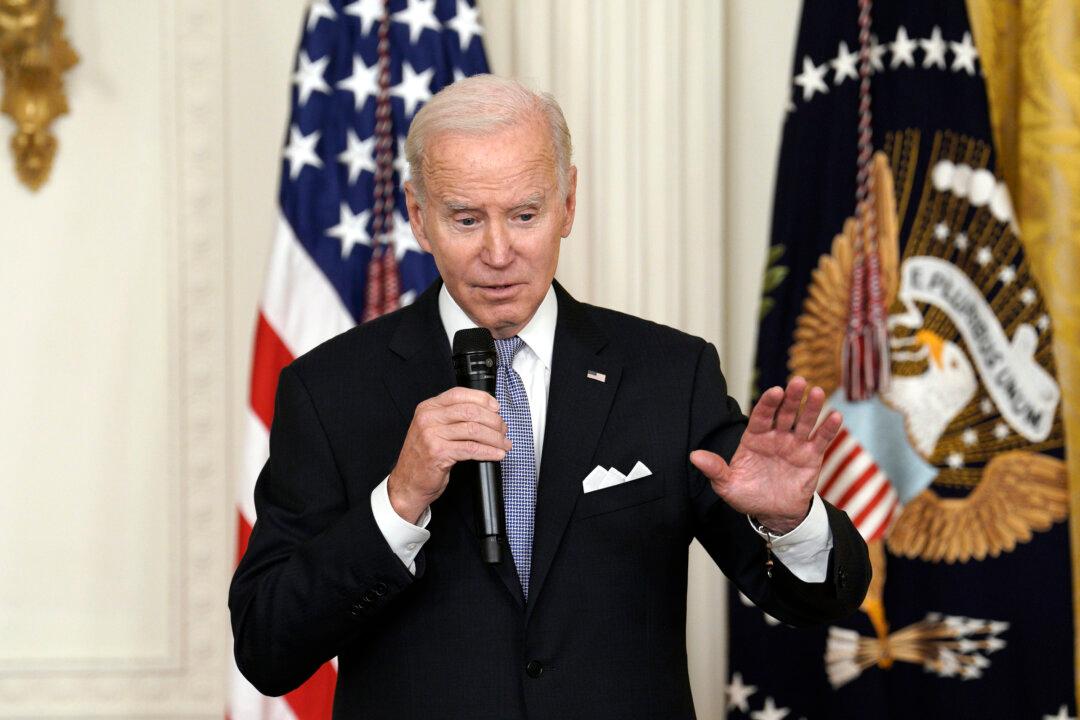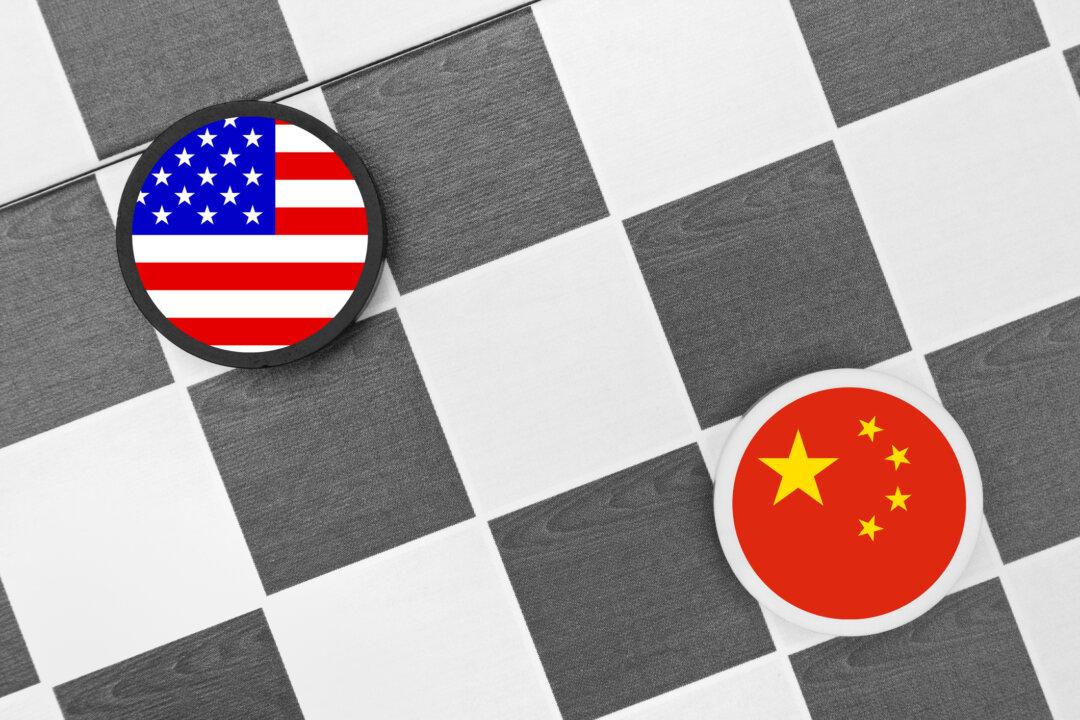Commentary
For some, this Thanksgiving—like last year—is a more difficult occasion than previous ones. Perhaps a loved one has died from COVID-19, or you feel isolated from relatives and friends due to lockdowns, quarantines, travel restrictions, vaccinations (or not), masks, and “distancing” and might think you have little to celebrate or be thankful for.





